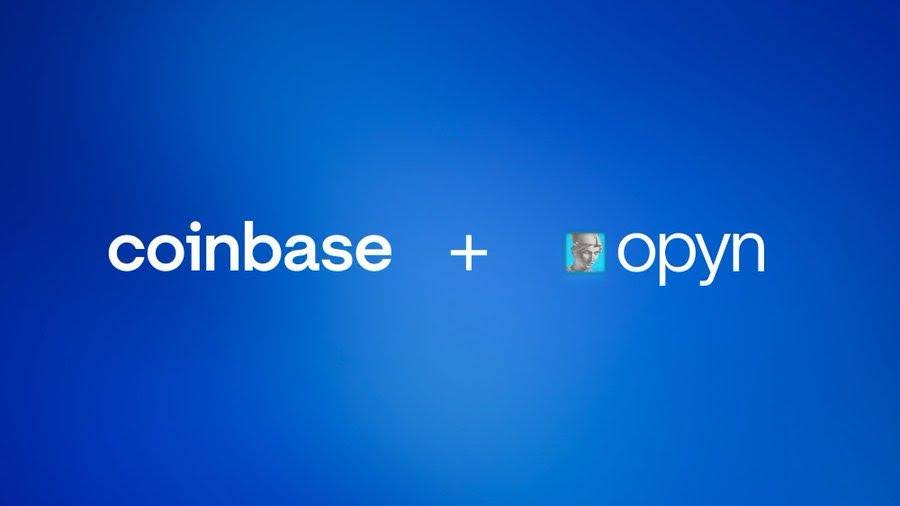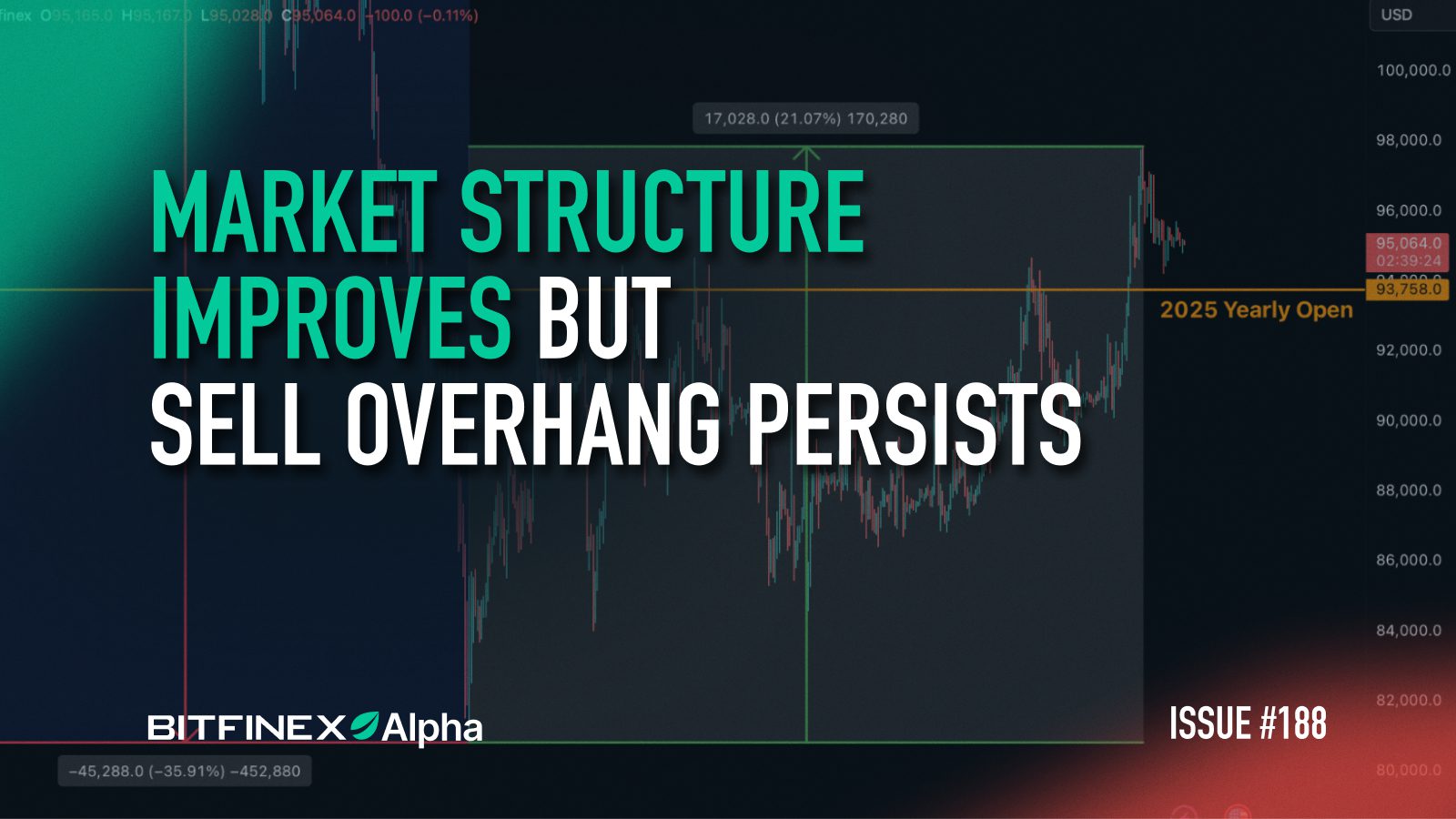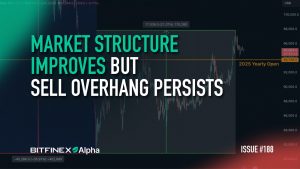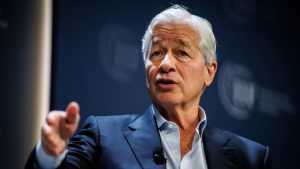Coinbase Reinforces Onchain Ambitions with Opyn’s DeFi Derivatives Pioneers
Key Takeaways:
- Coinbase acquires Opyn’s leadership team to strengthen its push into onchain derivatives infrastructure.
- Opyn’s founders, known for Squeeth and Power Perpetuals, bring deep DeFi-native technical expertise.
- Coinbase plans to scale Verified Pools and advance hybrid market infrastructure blending CeFi and DeFi.
Coinbase has made another aggressive move in its ongoing campaign to reshape global markets onchain. By hiring the founding minds behind Opyn, a pioneer in decentralized options, the crypto exchange is signaling its long-term commitment to build compliant, transparent, and accessible financial markets powered by blockchain.


Coinbase’s Vision: Onchain Markets as the Financial Future
Coinbase has been gradually transitioning toward an “onchain-first” model. This latest acquisition, announced July 11, is part of a broader effort to turn that vision into operational reality. Instead of buying protocols or products, Coinbase is bringing in people, specifically, those with the rare ability to merge deep technical DeFi knowledge with real-world financial structure.
At the center of this acquisition are Andrew Leone, former Opyn CEO, and Joe Clark, Head of Research. Both are now joining Coinbase’s Institutional Markets division, where they’ll play key roles in developing infrastructure such as Verified Pools, an initiative that combines decentralized liquidity with regulatory compliance.
According to Coinbase’s announcement, the move reflects their belief that “the future of finance is onchain.” The company says Leone and Clark will help accelerate the migration of more of their exchange business onto public ledgers.
Who Are the Minds Behind Opyn?
From Experimental Derivatives to Mainstream Integration
Opyn isn’t just another DeFi project, it was the first decentralized options protocol launched back in 2019. Its team introduced several key innovations that have become part of the DeFi vocabulary:
- oTokens: Tokenized call and put options enabling permissionless derivatives trading
- Power Perpetuals: Exotic instruments offering non-linear exposure (e.g., squared ETH returns)
- Squeeth: A popular ETH² derivative offering continuous, leveraged exposure to Ethereum
These products challenged the limits of what decentralized markets had been capable of. Most importantly, they showed how all of these financial products could be rebuilt onchain with no intermediaries.
Leone, a former Nomura Vice President, had experience in volatility trading and structured products prior to crypto. That TradFi-DeFi experience combination made him a perfect candidate to glue together the two worlds, something Coinbase seems to have put a lot of value on.
Clark, who is known for his in-depth DeFi research and architecture-based market-design approach, played a key role in extending Opyn’s theoretical and technical groundwork.
Why This Move Matters for Coinbase
Coinbase’s poaching of Opyn’s former executives isn’t just a hiring announcement, it’s a strategic gong. Here’s why it matters:


1. Accelerating Onchain Infrastructure
Coinbase’s Verified Pools, which went live on the Base Layer 2 network, strive to provide compliant onchain liquidity both for institutions and for retail customers. With Opyn talent on board, this effort can likely evolve from just liquidity pools to more structured products, options, and complex derivatives that are native, onchain-managed tools.
2. Filling the Expertise Gap
Few projects in the space have the kind of experience building DeFi-native derivatives infrastructure from the ground up as we do. Leone and Clark are not simply engineers, they are what we might call market designers who know how to architect systems that balance some of the conflicting imperatives of decentralization, efficiency and compliance. Now Coinbase is building some of that talent internally.
3. Navigating Regulatory Complexity
Opyn knows the challenges of working with regulators firsthand. In 2023, U.S. Commodity Futures Trading Commission (CFTC) fined the project $250,000 for listing derivatives that were not authorized. But while it might sound like a setback, the compliance experience that follows is now a strength.
In a world where regulatory clarity is the name of the game, obtaining a team who has already navigated that tightrope gives Coinbase a clear leg up on compliance competitively.
Read More: Coinbase’s New Bitcoin Ad: The Paradox of Home Prices in Bitcoin vs. Dollars
What’s Next: The Hybrid Future of Trading
The integration of Opyn’s team suggests Coinbase is pursuing a hybrid market model, blending centralized infrastructure with decentralized finance principles. In practice, this could mean:
- Institutional-grade DeFi products built atop the Base network
- Transparent settlement layers for traditional financial instruments
- Real-time trading data and composable smart contracts for risk modeling
The implications extend to developers as well. As more infrastructure moves onchain, we may see Coinbase release open APIs, SDKs, or liquidity layers that allow third-party teams to build on top of its onchain exchange backbone.
Users, too, could benefit from lower trading fees, improved transparency, and 24/7 market access, all made possible by shifting execution and settlement onto public blockchains.
Read More: Coinbase Secures MiCA in Luxembourg, Opening Crypto Access to 450M Across Europe















Post Comment